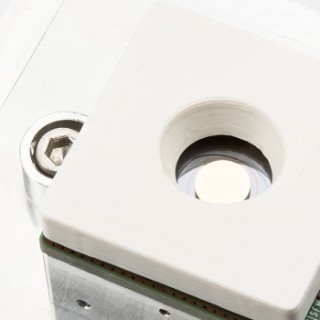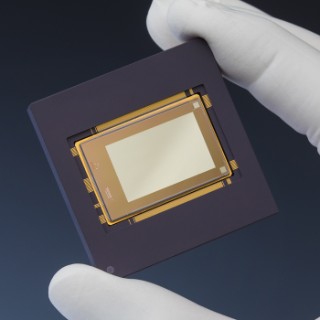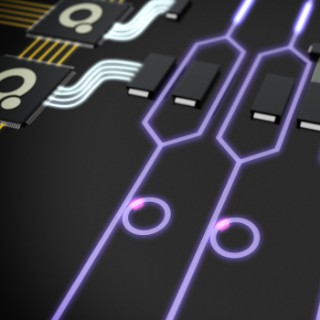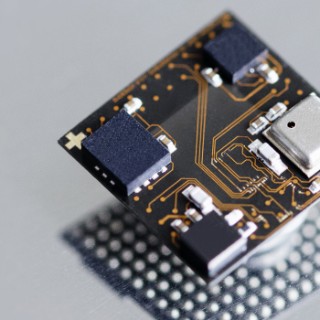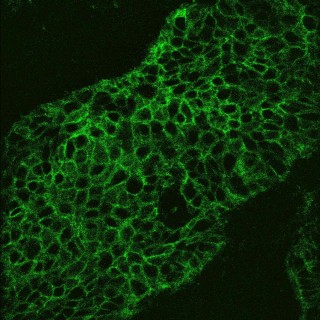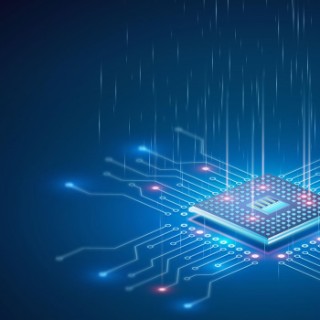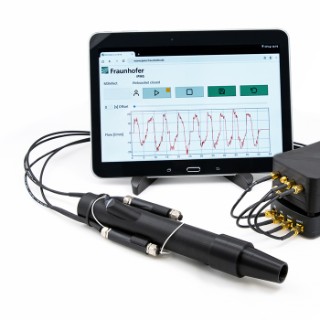Topological spintronics: CMOS-compatible materials from the B20 family / 2022
Spintronic goes chiral
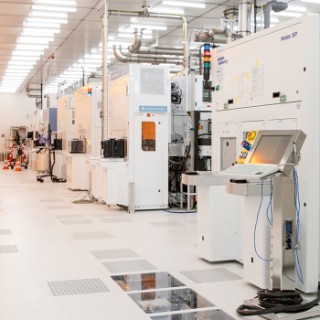
Spintronic devices are based on using the fundamental spin of electrons to carry and store information. Their use would not require charge currents for their operation and would lead to improved energy efficiency with lower power consumption, higher data processing speed and better integration of memory and logic. However, suitable materials for new spintronic implementations are needed. Their fabrication as well as analysis require state-of-the-art methods from nanotechnology. This is why researchers of the Max Planck Institute for Chemical Physics of Solids and the Fraunhofer Institute for Photonic Microsystems IPMS have launched a joint project to investigate novel materials for spintronics. The project is being funded by Sächsische Aufbaubank.
more info Fraunhofer Institute for Photonic Microsystems
Fraunhofer Institute for Photonic Microsystems